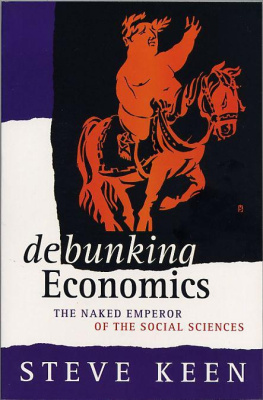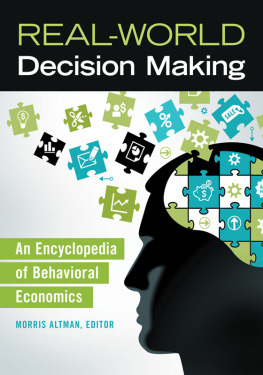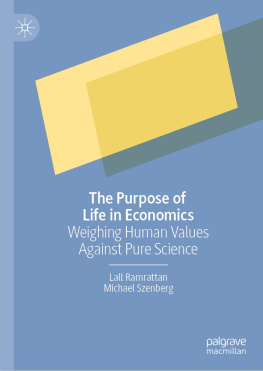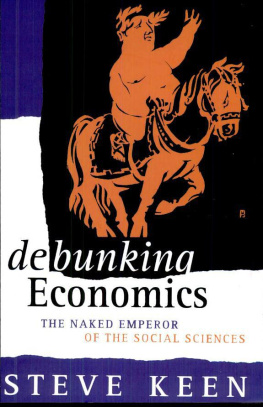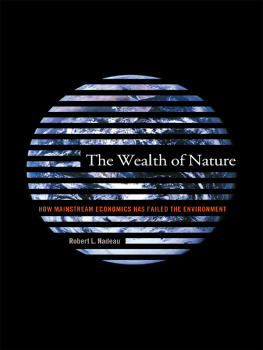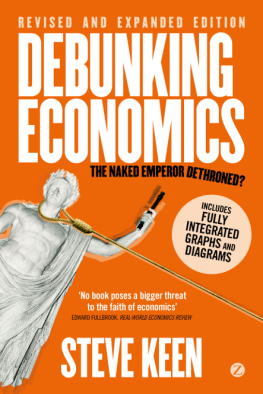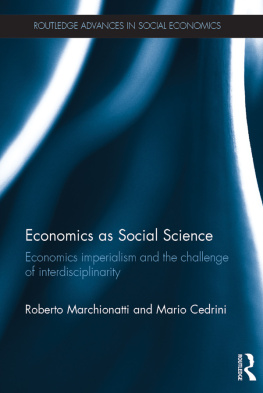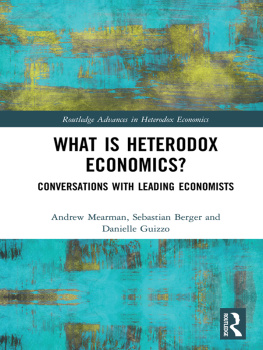Debunking Economics
The Naked Emperor of the Social Sciences
Steve Keen
University of Western Sydney , Australia
Copyright held by Steve Keen
First published in 2001 by
Pluto Press Australia Limited
Locked Bag 199, Annandale NSW 2038
www.plutoaustralia.com
Reprinted 2002
First published in Great Britain and the United States of America by Zed Books
7, Cynthia St, London N1 9JF, UK
Room 400, 175 Fifth Avenue, New York NY 10010, USA
and
St Martin s Press Inc
175 Fifth Avenue, New York NY 10010, USA
Copyright Dr Steve Keen, 2001
Cover design by Wendy Farley and Justin Archer
Cover illustration by Michael Fitzjames
Edited by Michael Wall
Index by Tonia Johansen
Typesetting by Bookhouse, Sydney
Printed and bound by Hyde Park Press
Australian Cataloguing in Publication Data
Keen, Steve.
Debunking economics : the naked emperor of the social sciences.
Bibliography.
Includes index.
ISBN 1 86403 070 4.
1. Economics. 2. Economic policy. 3. Social policy. I.
Title.
UK Cataloguing in Publication Data
A catalogue record for this book is available from the British Library.
1 85649 991 X (cased)
1 85649 992 8 (softcover)
Table of Contents
Preface
In the preface to the General Theory, Keynes commented that its writing had involved a long process of escape from habitual modes of thought and expression. He implored his audience of professional economists to likewise escape the confines of conventional economic thought, and observed that
The ideas which are here expressed so labouriously are extremely simple and should be obvious. The difficulty lies, not in the new ideas, but in escaping from the old ones, which ramify, for those brought up as most of us have been, into every corner of our minds. (Keynes 1936)
This statement was unfortunately prophetic. Keyness own escape was incomplete, and the residue of traditional thought the General Theory contained obscured many of its most innovative aspects. Faced with a melange of the new and unfamiliar with the old and familiar, the bulk of his audience found it easier to interpret his new ideas as no more than embellishments to the old. The Keynesian Revolution died, slowly but surely, as economists reconstructed the habitual modes of thought and expression around the inconvenient intrusions Keynes had made into economic dogma. Economics failed to make the escape which Keynes had implored it to do, and as time went on, modern economics began to resemble more and more closely the old ideas which Keynes had hoped economics would abandon.
I was initially educated in this resurgent tradition known as the Keynesian-Neoclassical synthesis some thirty years ago. The catalyst for my escape from this dogma was extremely simple: my first-year microeconomics lecturer pointed out a simple but glaring flaw in the application of conventional theory.
The economic theory of markets argues that combinations of any sort, whether by workers into unions or manufacturers into monopolies, reduce social welfare. The theory therefore leads to the conclusion that the world would be better off without monopolies and unions. If we were rid of both, then the economic theory of income distribution argues that, effectively, peoples incomes would be determined solely by their contribution to society. The world would be both efficient and fair.
But what if you have both monopolies and unions? Will getting rid of just one make the world a better place?
The answer is categorically no. If you abolish just unions, then according to conservative economic theory, workers will be exploited: they will get substantially less than their contribution to society (equally, if you abolish just monopolies, then workers will exploit companies). If you have one, then you are better off to have the other too, and a single step towards the economists Nirvana takes you not closer to Heaven but towards Hell.
I was struck by how fragile the outwardly impregnable theory of economics was. What seemed self-evident at a superficial level that social welfare would rise if unions or monopolies were abolished became problematic, and even contradictory, at a deeper level.
Had I come across that fragility in my honours or postgraduate education, which is when students of economics normally learn of such things, I would quite possibly have been willing to gloss over it, as most economists do. Instead, because I learnt it out of sequence, I was immediately suspicious of the simplistic statements of economic principle. If the pivotal concepts of competition and income distribution could be so easily overturned, what else was rotten in the House of Economics?
That scepticism initiated a gradual process of discovery, which made me realise that what I had initially thought was an education in economics was in fact little better than an indoctrination. More than a decade before I became an undergraduate, a major theoretical battle had broken out over the validity of economic theory. Yet none of this turned up in the standard undergraduate or honours curriculum unless it was raised by some dissident instructor. There were also entire schools of thought which were antithetical to conventional economics, which again were ignored unless there was a dissident on staff.
Thirty years after starting my sceptics intellectual tour, I am completely free of the habitual modes of thought and expression which so troubled Keynes. There are many non-orthodox economists like me, who are all trying to contribute to a new, deeper approach to economics.
But still the worlds universities churn out economists who believe, for example, that the world would be a better place if we could just get rid of unions, or monopolies.
Worse still, over the last thirty years, politicians and bureaucrats the world over have come to regard economic theory as the sole source of wisdom about the manner in which a modern society should be governed. The world has been remade in the economists image.
This ascendancy of economic theory has not made the world a better place. Instead, it has made an already troubled society worse: more unequal, more unstable, and less efficient.
Why has economics persisted with a theory which has been comprehensively shown to be unsound? Why, despite the destructive impact of economic policies, does economics continue to be the toolkit which politicians and bureaucrats apply to almost all social and economic issues?
The answer lies in the way economics is taught in the worlds universities.
When I became an academic economist, I realised that very few of my colleagues had any knowledge of the turbulent streams in economics. Most were simply dismissive of any attempt to criticise orthodox thinking, and equally dismissive of any of their peers who showed tendencies towards unconventional thought.
This was not because these conventional economists were anti-intellectual far from it. Even though conventional economics is flawed, it still takes intellectual muscle to master its principles as you will soon discover. Yet still economists refused to consider any criticisms of economic theory, even when they emanated from other economists, and met rigorous intellectual standards.
Nor were they ill-intentioned most of them sincerely believed that, if only people followed the principles of economic theory, the world would be a better place. For a group of people who espoused a philosophy of individualistic hedonism, they were remarkably altruistic in their commitment to what they saw as the common good. Yet the policies they promoted often seem to non-economists to damage the fabric of human society, rather than to enhance it.
They also rejected out of hand any suggestion that they were ideologically motivated. They were scientists, not political activists. They recommended market solutions, not because they were personally pro-capitalist, but because economic theory proved that the market was the best mechanism by which to determine economic issues. Yet virtually everything they recommended at least appeared to favour rich over poor, capitalist over worker, privileged over dispossessed.
Next page
